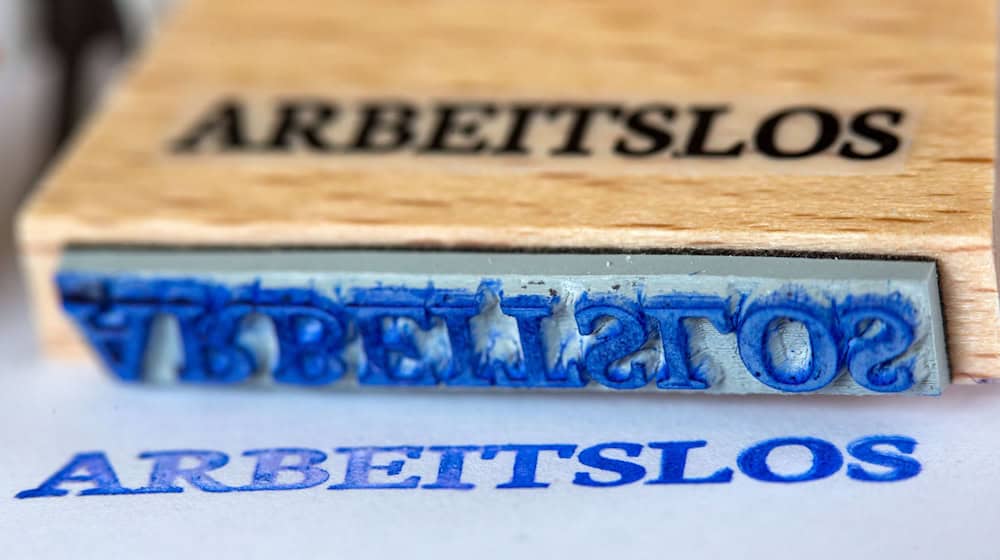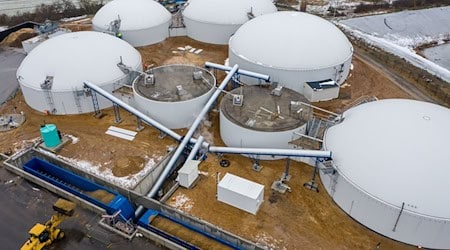The traditional paper mill in Penig with 119 employees will be closed. This was announced by the company Felix Schoeller on request. The move was justified by a persistently weak economy and increased competitive pressure. The market pressure will not improve in the foreseeable future, so that there is no other economic choice, explained company boss Christoph Gallenkamp.
The company Felix Schoeller, based in Osnabrück (Lower Saxony), took over the Penig site (district of Central Saxony) in 1991. Its history dates back to 1537, making it the oldest paper mill still in production in Germany. Until now, decorative paper has been produced there, which is used for furniture and interior fittings. Production is now to be relocated to other sites, the company said.
The closure will take place over the course of this year. The company spoke of a socially responsible implementation. The employees will be offered continued employment at other locations. However, they would have to commute or relocate to the Black Forest or Allgäu in future.
Cuts also for employees in Weißenborn?
Felix Schoeller has another production facility in Central Saxony with around 700 employees in Weißenborn. According to the company, the product portfolio is to be strategically realigned there. It will focus even more strongly on its core competencies and the areas with the greatest added value for its global customers. The company wants to align its product range specifically to profitable and sustainable product groups, with photographic papers remaining at the center.
The change will affect a total of up to 210 jobs at various company locations, mainly at the Weißenborn plant.
"Our aim is to develop socially responsible solutions together with the employees and the works council and to create prospects for the future," emphasized the company's CEO, Hans-Christoph Gallenkamp. The adjustment of the portfolio is intended to ensure long-term competitiveness and strengthen the Weißenborn site.
Copyright 2025, dpa (www.dpa.de). All rights reserved










